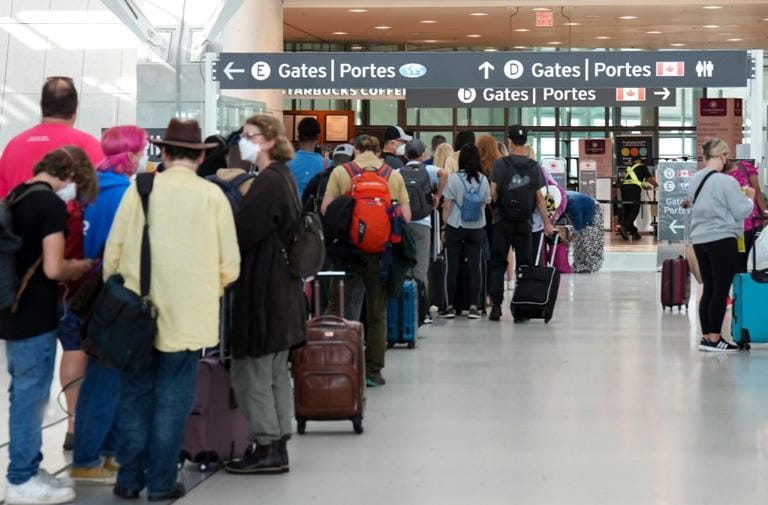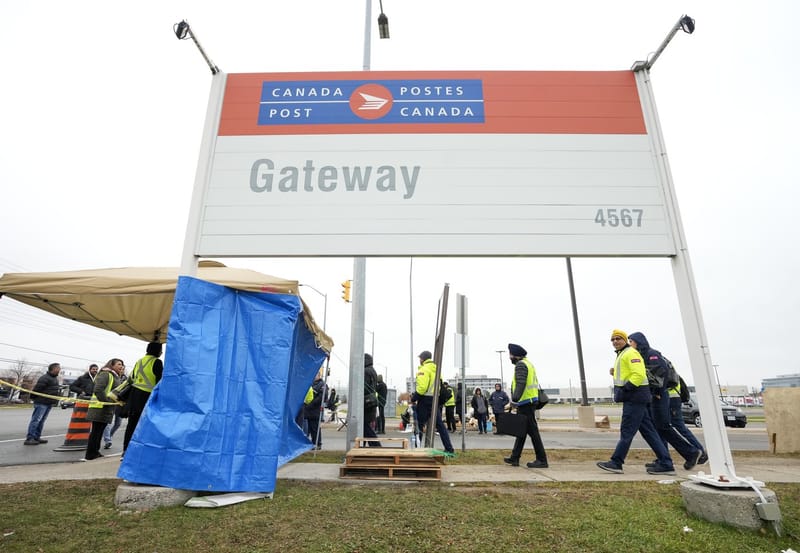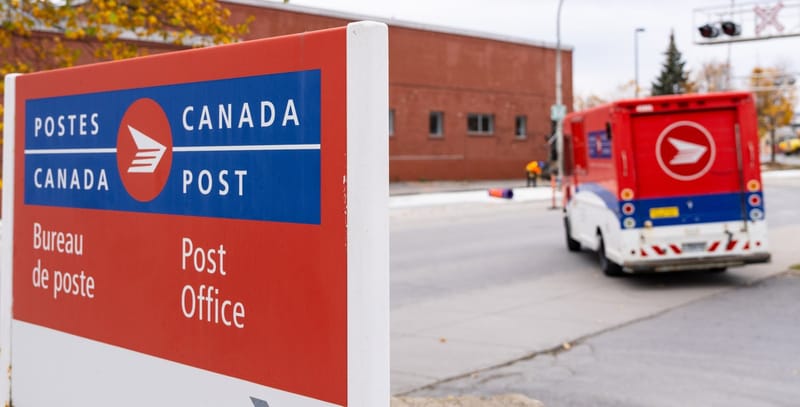Airlines lose bid to skirt some of Canada’s air passenger rights rules
The decision released Friday upholds Canada’s Air Passenger Protection Regulations (APPR) after a group of airlines appealed to have them declared invalid for international flights.

In a significant ruling for air passengers, the Supreme Court of Canada has determined that airlines must compensate travelers for international flight disruptions according to the Canadian Transportation Agency's (CTA) regulations.
The decision, released on Friday, supports Canada’s Air Passenger Protection Regulations (APPR) after a consortium of airlines sought to have them deemed invalid for international flights.
The central issue of the case revolved around whether Canada’s passenger rights charter, established in 2019, could coexist with the Montreal Convention, the international standard that Canada signed in 2001.
While the APPR outlines a standardized compensation framework for delays, cancellations, and lost baggage due to factors within the airline's control or safety-related issues, the Montreal Convention adopts a more individualized approach. Under that framework, a passenger can argue in court that they were wronged and, if successful, receive compensation accordingly.
This was contested by a group of airlines, including Air Canada, Porter Airlines, and international carriers like Lufthansa and Air France. They contended that the APPR exceeded the CTA's authority and was inconsistent with the Montreal Convention's stipulations. However, the CTA and the attorney general argued that there was no conflict between the passenger protections and the Montreal Convention.
The Federal Court of Appeal dismissed the airlines’ challenge in late 2023, and the case was subsequently heard by the Supreme Court in March of this year.
On Friday, the Supreme Court stated in a decision authored by Justice Malcolm Rowe that the regulations “do not conflict with the Montreal Convention.”
How Does Canada’s Air Passenger Rights Charter Work?
Under federal regulations, passengers are entitled to compensation of up to $2,400 if they are denied boarding due to overbooking, known as flight bumping. Delays and cancellations also warrant compensation of up to $1,000. Additionally, travelers may receive approximately $2,300 for lost or damaged baggage, with the precise amount fluctuating based on exchange rates.
Transportation Minister Anita Anand remarked in a statement that the ruling supports the federal government’s efforts to enhance protections for travelers. “Today, the Supreme Court ruled in favor of passengers and our view that passengers need protection. We will always stand up for Canadians and their rights as travelers,” she said.
Since the regulations were implemented five years ago, the government has sought to strengthen them further, responding to incidents of airport chaos, long security lines, and overflowing baggage halls in 2022. In 2023, the government amended the law to close loopholes that allowed airlines to evade compensation obligations and worked on establishing a more efficient complaints resolution system.
The new provisions aim to increase penalties for airline violations, introducing a maximum fine of $250,000—ten times greater than the previous limit—to encourage compliance. Another proposed amendment, which is yet to take effect, would shift the regulatory costs of complaints onto carriers, with a cost of $790 per complaint, intended to motivate airlines to improve their service and decrease grievances.
Meanwhile, the backlog of complaints at the country’s transport regulator continues to grow, reaching approximately 78,000 as of last month.





